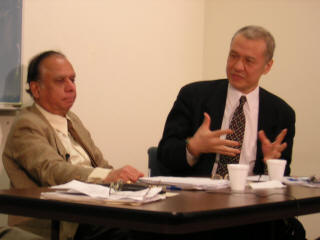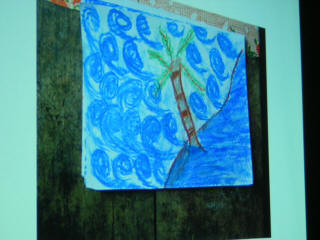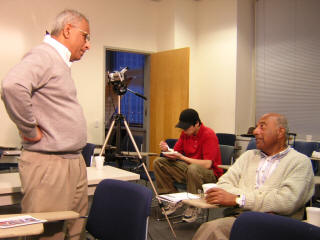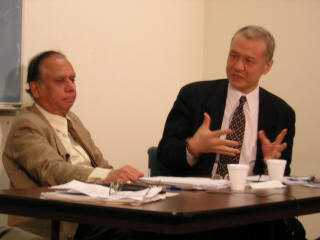
Parmatma Saran is former Chair of the Sociology and Anthropology Department at Baruch College, CUNY. He teaches courses both at the Graduate and Undergraduate level focusing on race relations, ethnicity, minority groups, new mmigrants, and India. His writing and research is on Asian communities in the United States and India. He is the author of four books and a large number of articles both in professional journals and magazines. Two of his books are on experiences of Asian Indians in the United States and are widely quoted in journals, magazines, and newspapers including the New York Times, Daily News, Time Magazine, Newsweek, U.S. News and World Report, National Geographic, India Today, India abroad, News India, India Monitor, and many others.

Dr. Thomas Tam was born on April 15, 1946 in Fujian, China, during the Chinese Civil War. He spent his childhood in Hong Kong where his parents had to rebuild their home from the ground up. Dr. Tam and his family immigrated to New York in 1964. He received BA in physics from City College of New York (1968), M.A. in film-making from Montclair State University (1978), M.P.H. from Columbia University School of Public Health (1980); and Ph.D. in SocioMedical Sciences from Columbia University (1983). He is Chairman of the Asian American Higher Education Council, and Executive Director of Asian American/Asian Research Institute, as well as the President of Oishi Movies, Inc. which produced a feature: Sunrise on Mulberry Street.
After graduating from City College of New York, Tam developed an active interest in community improvement in Chinatown, when he initiated a ten-day health fair which screened two thousand five hundred residents, leading to the establishment of Chinatown Health Clinic, now known as the Charles B. Wang Health Center. Tam’s career in community health continued when he became administrators of various City-wide health agencies. He taught at Columbia University, Herbert Lehman College, and St. Joseph's University in Philadelphia.
In 1989, he was appointed to the Board of Trustees of the City University of New York as the first Chinese American member. Dr. Tam worked with a group of faculty members to establish the Asian American Higher Education Council, an organization which addresses critical issues concerning higher education in the Asian American community. Under Tam’s leadership, this organization has successfully organized numerous conferences and the creation of the Asian American / Asian Research Institute (AAARI), where he served as Executive Director from 2001 to 2006.
In addition to his contribution to the fields of community health and higher education, Dr. Tam also has an abiding interest in movie making, an avocation which he has nurtured since college. He has produced many short movies which have been exhibited at various institutions including the Whitney Museum of American Art. Tam has also founded the Asian American Film Festival in 1972, which became Asian Cine Vision, an organization with international recognition for showcasing movies from Asian/Asian American artists. Dr. Tam is a recent convert to Buddhism and has completed a documentary video, En Route to Lhasa.
Dr. Tam is survived by his wife Margaret, his daughter Anika, and step-children Emily and Victor.




